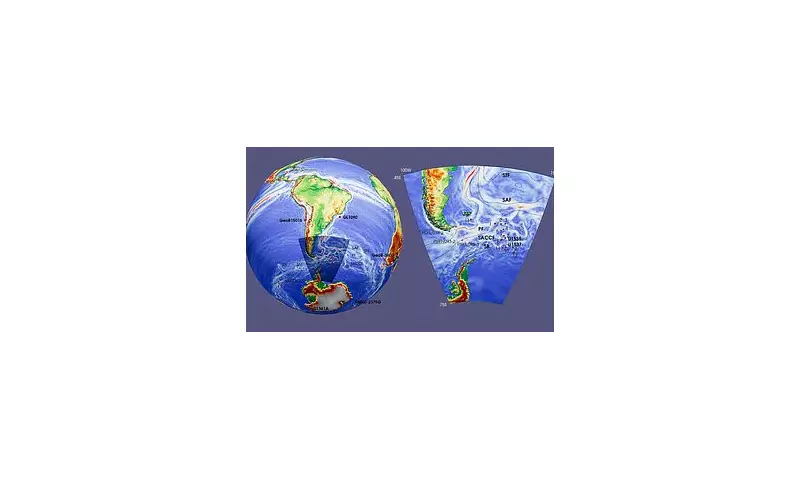
Scientists have uncovered disturbing evidence that Earth's largest and most powerful ocean current system is undergoing significant changes that could have far-reaching consequences for our planet's climate.
The Engine Room of Our Planet's Climate
The Antarctic Circumpolar Current (ACC), a massive underwater river that encircles Antarctica, acts as the planet's primary climate regulator. This colossal marine conveyor belt connects the Atlantic, Pacific, and Indian Oceans, distributing heat and nutrients across the globe while playing a crucial role in absorbing atmospheric carbon dioxide.
Alarming Slowdown Signals Climate Crisis
Recent analysis of sediment cores spanning millions of years reveals the current has slowed by approximately 14% since the mid-20th century. This deceleration represents the most significant shift in the current's behaviour since the last ice age, pointing directly to human-induced climate change as the primary driver.
What's Causing the Slowdown?
The mechanism is clear and concerning:
- Accelerated melting of Antarctic ice is injecting massive amounts of fresh water into the Southern Ocean
- This freshwater forms a protective lid on the ocean surface, preventing deeper, colder waters from rising
- The resulting stratification reduces the current's natural circulation patterns
- Warmer global temperatures are altering wind patterns that drive the current
Global Consequences We Cannot Ignore
The implications of this slowdown extend far beyond Antarctic waters. This isn't just an Antarctic problem - it's a global climate emergency in the making.
Potential impacts include:
- Disruption of global heat distribution, potentially altering weather patterns worldwide
- Reduced ability of oceans to absorb atmospheric CO₂, accelerating climate change
- Threats to marine ecosystems that depend on nutrient-rich upwelling
- Changes to sea level patterns around the globe
- Potential triggering of climate tipping points with irreversible consequences
A Critical Climate Threshold
Researchers emphasize that the current's slowing represents one of Earth's most sensitive climate feedback mechanisms. As the current weakens further, it could reach a tipping point where changes become self-reinforcing and potentially irreversible.
The scientific community is calling for urgent action to reduce greenhouse gas emissions and implement comprehensive monitoring systems to track these critical changes in our planet's circulatory system.





